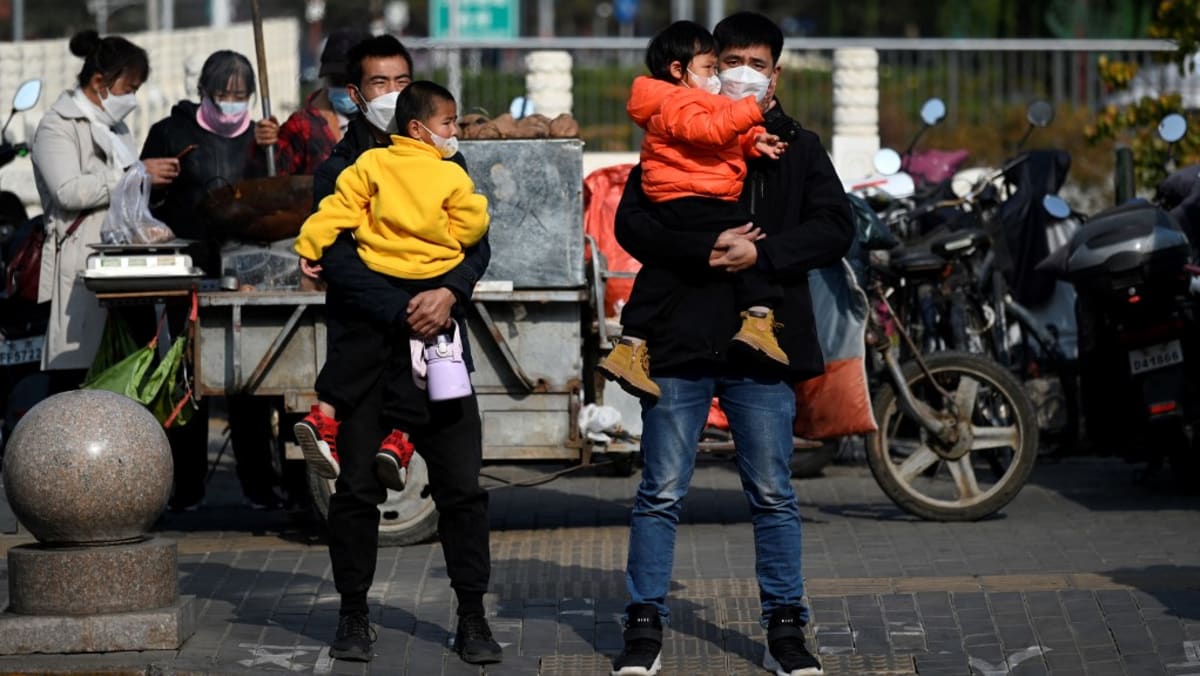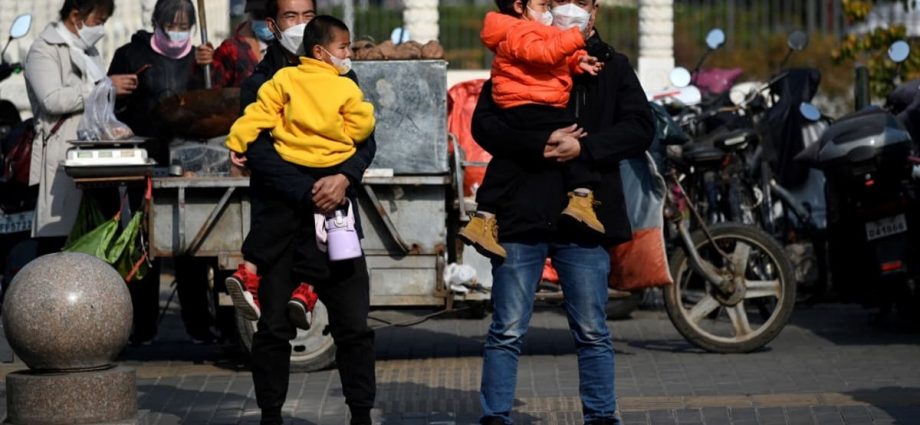
Lacking state funding and faced with stricter government scrutiny, these businesses are on the front line of China’s demographic crisis and many are in financial jeopardy due to decreasing revenue from tuition fees.
Even private kindergartens in China’s most populous cities are feeling the impact.
Lucy Wang, a mother of two living in Shanghai, said she had noticed the difference in enrolment numbers at her children’s kindergarten.
“There were seven classes when my son was there between 2015 and 2018, and when it was his little sister’s turn to go in 2021, there were only four classes, and the class size has also shrunk,” she said.
An estimated 30 to 50 per cent of kindergartens operating at the start of this decade will be out of business by 2030, due to a declining number of pupils, according to a report issued last year by the Sunglory Education Research Institute, a Beijing-based education service provider.
Despite policy changes to encourage births over the past couple of years, reversing the trend will be difficult, said Professor Yuan Xin, a demography expert from Nankai University’s School of Economics.
China scrapped its controversial one-child policy in 2016, before further relaxing the limits on the number of children a family can have to three in 2021.
Local governments have rolled out a raft of incentives for couples, including lengthening maternity and paternity leave and offering cash rewards for families that have a second or third child.
However, Yuan said factors including the increasing costs of raising children, unaffordable housing prices, improvement in women’s education and labour force participation – as well as “their self-awakening” – all point to a lower birth rate.
Private kindergartens are bearing the brunt of that amid a wider crackdown on private education that President Xi Jinping hopes will help achieve “common prosperity”.
The government has been trying to transform privately owned institutions into “generally-affordable” ones, which charge according to government guidelines and receive state subsidies.
Xiong Bingqi, director of the 21st Century Education Research Institute, warned that large-scale closures of kindergartens would be inevitable if the teacher-student ratio did not change – and the same fate could ultimately meet schools and colleges.
“But if we take this opportunity to raise this ratio, which has been too low in many parts of China, many teachers don’t have to lose their jobs and we’ll have a better quality pre-school education,” he said.

